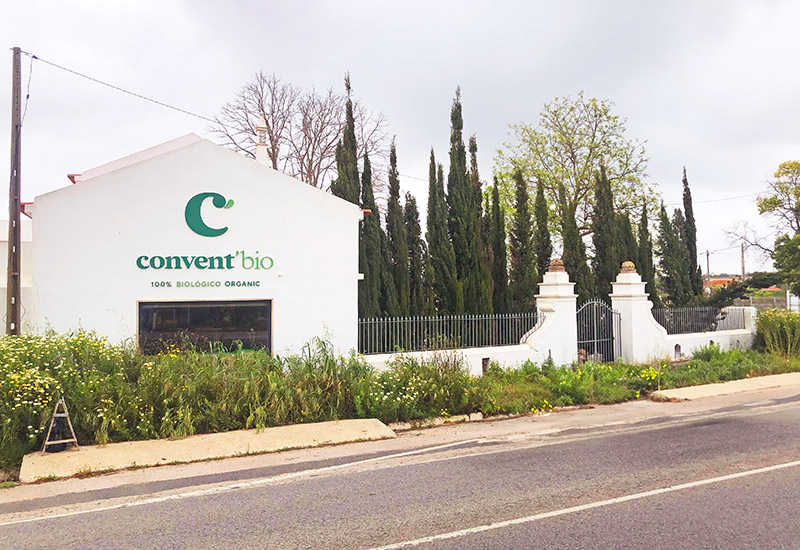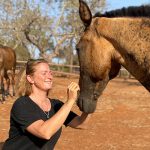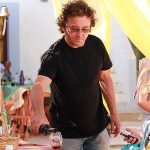A holy site full of delicious organic foods
Convento Nossa Senhora do Carmo is a remarkably interesting place, yet thousands of people drive past it every day, without even noticing it.
The convent is located just one kilometre east of Lagoa on the main N125 road and has been renovated and transformed into a business called Convent’bio. The convent was founded in 1551 when Lagoa was a small village and the existing building still has the hallmarks of a centuries-old holy place. At the beginning of the 16th century, the male Carmelites d’Alagoa lived in the restored convent and grew vegetables and fruit on the surrounding area of land, which was known to be especially fertile. The convent was mostly destroyed by the devastating earthquake of 1755 but was rebuilt, and the Carmelite brothers continued to live there until October 1825.

In the 20th century, masses were celebrated in the convent’s chapel, and an annual festival, with a procession, was held in honour of Our Lady of Fátima. Then, in 2017, a local businessman, Jóse Pina, acquired it. After further restoration by the new owner, it was opened for business in 2019.
The renovated convent now boasts a restaurant in its chapel, a terrace where lunches are served, a coffee bar, a mini-market stocked with a great array of organic products, a kitchen where all meals are prepared, and a small bakery. All of this sits next to an expanse of land where a wide range of ingredients are grown.
“Just about everything in Convent’bio is 100% organically pure,” the manager, Nuno Correia, told me proudly. He took time out from his busy schedule in various locations to show us around. “In addition to a range of vegetables, including asparagus, we grow fruits such as wild berries, avocados, limes, lemons, oranges, figs and apricots. We also produce fresh eggs,” he said.

Some of the bio products available in the shop are imported and brought in from suppliers elsewhere in Portugal or from other European countries, including France, Germany, Austria and Spain. “Beers and wines are made from grapes harvested in vineyards free of treatments with herbicides, pesticides and other synthetic chemicals in Portugal, including places in the Algarve such as Lagos,” Nuno told me. “We also work as a retailer for some regional biological grocery stores, restaurants and hotels.”
While many residents pass by this unusual piece of sacred architecture, it does attract a good number of Portuguese and foreign tourists who come to enjoy breakfast, coffee or lunch and shop. Yoga and pilates classes are regularly held at the convent, and occasional craft fairs.

So, if organic produce is part of your religion, make sure you go and check it out.
Bookings for lunch or dinner +351 93652566 or TheFork.com













